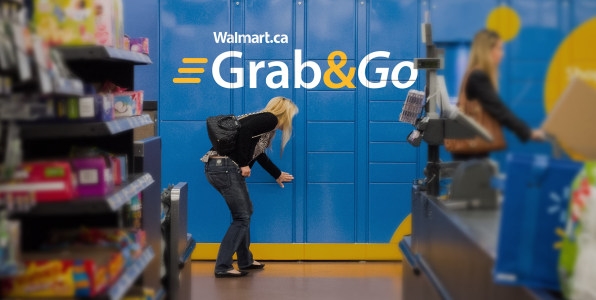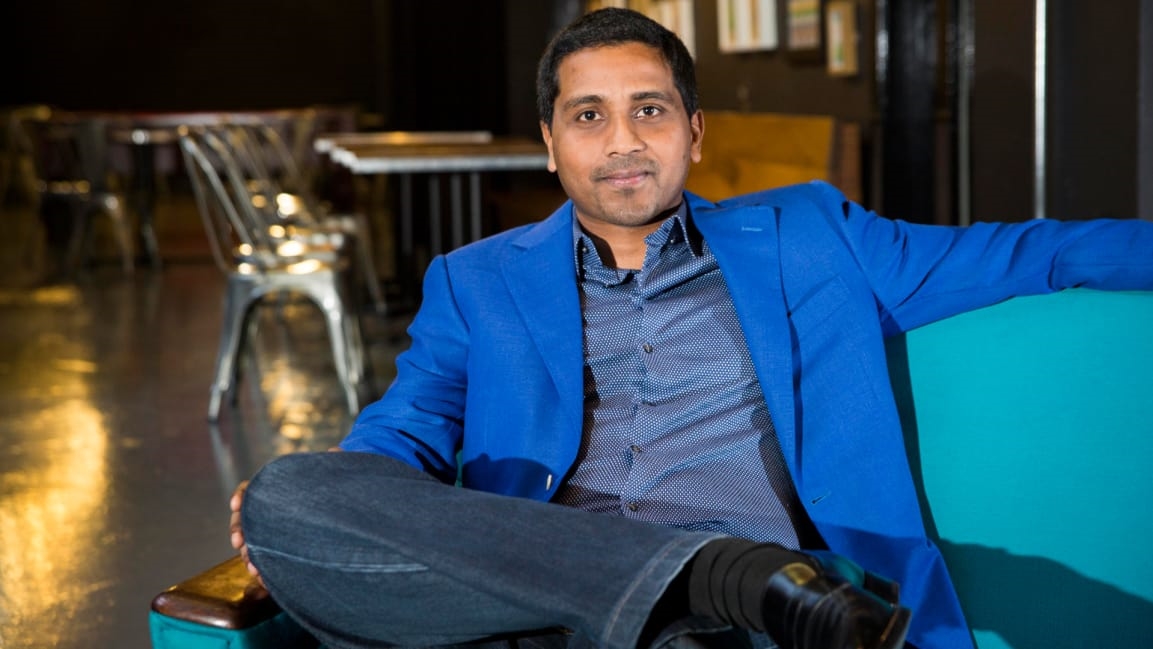Helping big brands be more digital is the future of the advertising business
Major shifts in brand spending and expectations, along with increased competition from new players like global consultancies, have forced major advertising holding companies to reckon with their business models and corporate structures in recent years.
In its latest earnings report, the advertising, marketing, and media holding company Publicis Groupe said it expects a bumpy ride in 2019, as it reported that its business “suffered from higher-than-expected attrition in traditional advertising,” to the tune of $170 million. That decline is predominantly a result of American consumer packaged goods clients seeking alternatives to the old model.
One bright spot for the company was its digital transformation division, known as Publicis Sapient, which combined with the company’s data and marketing divisions reported a 28% increase in revenue in 2018 to surpass $500 million. That’s about 18% of the company’s total net revenue with its top 100 clients. Major Publicis Sapient clients include Walmart, Revlon, Mondelez International, and Samsung.
(February 09, 2019), during the company’s earnings call, it named Nigel Vaz as the new CEO of Publicis Sapient and moved several other parts of its business under that banner. Vaz, previously the company’s CEO for everywhere but North and South America, says the rebrand is to streamline its image to clients. “We recognized that we were doing many things really well–helping companies design experiences, helping build complex technology solutions, helping companies use data and AI to solve problems–and we were thinking of those things as separate, with sometimes separate brands,” he says. “What we’re saying now is, we’ve always been in the business of helping companies become digital, so it’s about clarifying our focus on this one problem.”

Publicis acquired Sapient for $4 billion in 2015, and Vaz says that while the increased competition from consultancies like Accenture and Deloitte is to be expected, Sapient’s 20 years of digital work makes it unique. “We’ve been doing it since 1998,” he says. “So when I see these other companies making these moves now, it makes a lot of sense, but this is in our DNA. We have a long track record of setting the pace for what it means to be a digital business.”
The company is still fighting a tough battle against the global consultancies that are increasingly eating into the work once handled by agency networks. If every interaction we have with a brand now counts as marketing–everything from the actual ads, to the retail experience, to the mobile app–these companies are pitching clients to create all of it. According to a 2018 AdAge report, Accenture Interactive had the most worldwide revenue at $6.5 billion, with PwC Digital Services at No. 2 with $5.1 billion, Deloitte Digital at No. 4 with $4.1 billion, while Publicis Sapient was ranked No. 12.
The rebrand is Publicis Sapient’s way of better illustrating what the combination of Publicis and Sapient actually means. “We’re trying to coalesce all these capabilities across these brands into one single way of working, and articulate to the market what that one brand stands for,” Vaz says. “Publicis Sapient is a simple architecture–the Publicis represents the fact we’re a part of Publicis, and the Sapient represents decades of history in helping companies become digital.”
(37)



